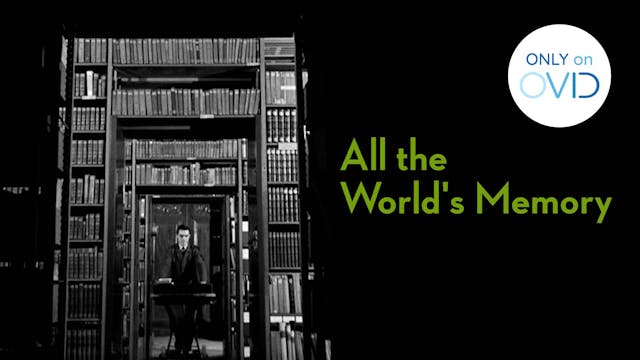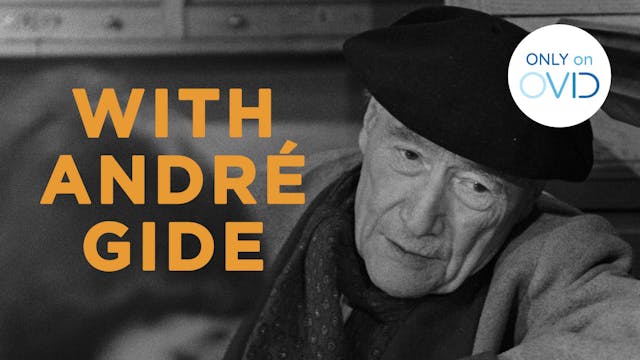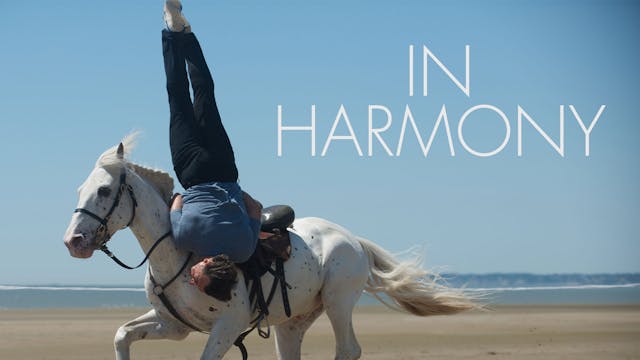Marie Curie: The Courage of Knowledge
France
•
1h 39m
Directed by Marie Noëlle • Drama • With Charles Berling; Karolina Gruszka • 2017 • 100 minutes
The most turbulent five years in the life of a genius woman: Between 1905, where Marie Curie comes with Pierre Curie to Stockholm to be awarded the Nobel Prize for the discovery of the radioactivity and 1911, where she receives her second Nobel Prize.
1906, Pierre Curie is run over by a horse-drawn carriage and tragically dies on a Parisian street. Left alone with two young daughters, the widow has responsibilities that would overwhelm the strongest man but she faces her duties with greatest courage as a mother and a scientist. Despite her sorrow, she continues the work that she began with Pierre, taking especially the “Curie-therapy” they developed against cancer to great heights. But science is primarily a man’s world and Marie’s audacity is not well seen by everybody. As she embarks on a passionate affair with the mathematician Paul Langevin, she provokes a huge scandal and the tabloids drag her name through the mud. Alarmed by all the malevolent headlines, the Swedish Nobel Academy, who wanted to award her a second Nobel Prize (making her the first person ever to receive two), forbids her to drive to Stockholm to fetch her award. Doesn’t a woman in love earn recognition for her work?
"A standout performance from Karolina Gruszka elevates this exploration of grief and love, giving breath to the life of a true pioneer." —HeyUGuys
Up Next in France
-
All the World's Memory
Directed by Alain Resnais • Documentary • 1956 • 21 minutes
This recently restored early short by French New Wave director Alain Resnais (perhaps best known for Hiroshima Mon Amour), pays homage to the National Library of France. For centuries, the library has served as a repository for all the ...
-
With André Gide
Directed by Marc Allégret • Documentary • 1951 • 92 minutes
Nobel-prize-winning author, social justice crusader, anti-colonialist, adventure traveler, musician, and one-time Communist: André Gide was a larger-than-life character who dominated French letters from the turn of the 20th century to h...
-
In Harmony
Directed by Denis Dercourt • Drama • With Albert Dupontel, Cécile de France • 2016 • 90 minutes
Marc (Albert Dupontel) is an equestrian stuntman. After being traumatically injured in a serious accident, he loses all hope of ever getting back on a horse. Florence (Cécile de France) works for an ...




